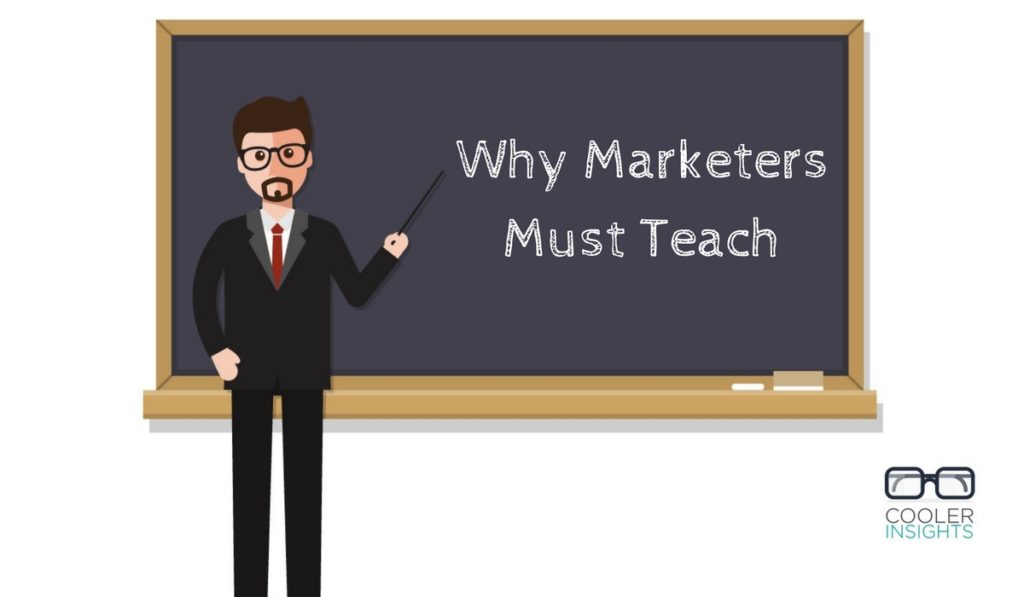
Do you know that most TV ad viewers avert their eyes the moment a company’s brand appears?
Or that 6 out of 7 “megaviral” branded videos – think Subservient Chicken and Old Spice Man – are jump-started with paid seedings?

Do you know that most TV ad viewers avert their eyes the moment a company’s brand appears?
Or that 6 out of 7 “megaviral” branded videos – think Subservient Chicken and Old Spice Man – are jump-started with paid seedings?
“Caveat Venditor – Let the Seller Beware”
So proclaimed Doc Searls in The Intention Economy: When Customers Take Charge. Co-author of the legendary The Cluetrain Manifesto, Searls’ main thesis is that customers – like markets – should be free.

Courtesy of Freepik
Give a man a fish, and he’ll eat for a day.
Teach him to fish, and he’ll eat for a lifetime.

Image courtesy of Lesgo LEGO Movie
Who are the rulers in the digital and social media age?
By now, you’ve probably heard that content is king. In the age of omnipresent 24/7 media served through ubiquitous smart devices, it is the currency which wins hearts, minds and wallets.
In the age of the ubiquitous social web, business as usual is broken.
Empowered by social technologies like Facebook, Twitter and YouTube, consumers are sharing their brand experiences – good, bad or ugly. They are no longer content to “grin their teeth and bear it”. In such an environment, companies can ill afford to bury their heads in the “mass marketing” sand.
What should we then do in this avalanche of channels, content creators and communities?
“I have become a number… And if you are even slightly active on social media sites such as Twitter, Facebook, and LinkedIn, you have become a number too…”
So begins Return on Influence – The Revolutionary Power of Klout, Social Scoring, and Influence Marketing, a slim volume delving into the world of social scoring.
Are you working in a social media savvy organisation? Which social networks do you use in your daily working lives?
With social media becoming omnipresent in everybody’s lives, it is timely for companies to consider how they can transform themselves into “social organisations”.

Courtesy of the Big Trend Hunt
Social media marketing is no longer the preserve of the elite few. More and more companies invest in creating their own Facebook fan pages, blogs, forums, Youtube channels and Twitter accounts in a bid to reach out to their customers. The game is no longer about reach and eyeballs alone, but fans, followers and “Likes”.
Increasingly, forward-thinking businesses begin to realise that the principles of social engagement shouldn’t just apply to their marketing and PR departments. With almost everybody having an online presence – from the CEO to the office boy – companies can ill afford to ignore the need for the rest of the company (HR, Finance, Procurement, Manufacturing, Logistics etc) to “go social”.
How does one leverage on the power of social communities? What does it mean to build a “Social Nation”?
I found out the answers to these and more after reading Barry Libert’s breezy volume Social Nation. The CEO of Mzinga, Libert declares in his book that organisational success lies with tapping on the collective power of employees, stakeholders, partners, and customers – both online and offline. To do so, one needs to develop social skills to complement one’s other strengths (physical, informational, and emotional).